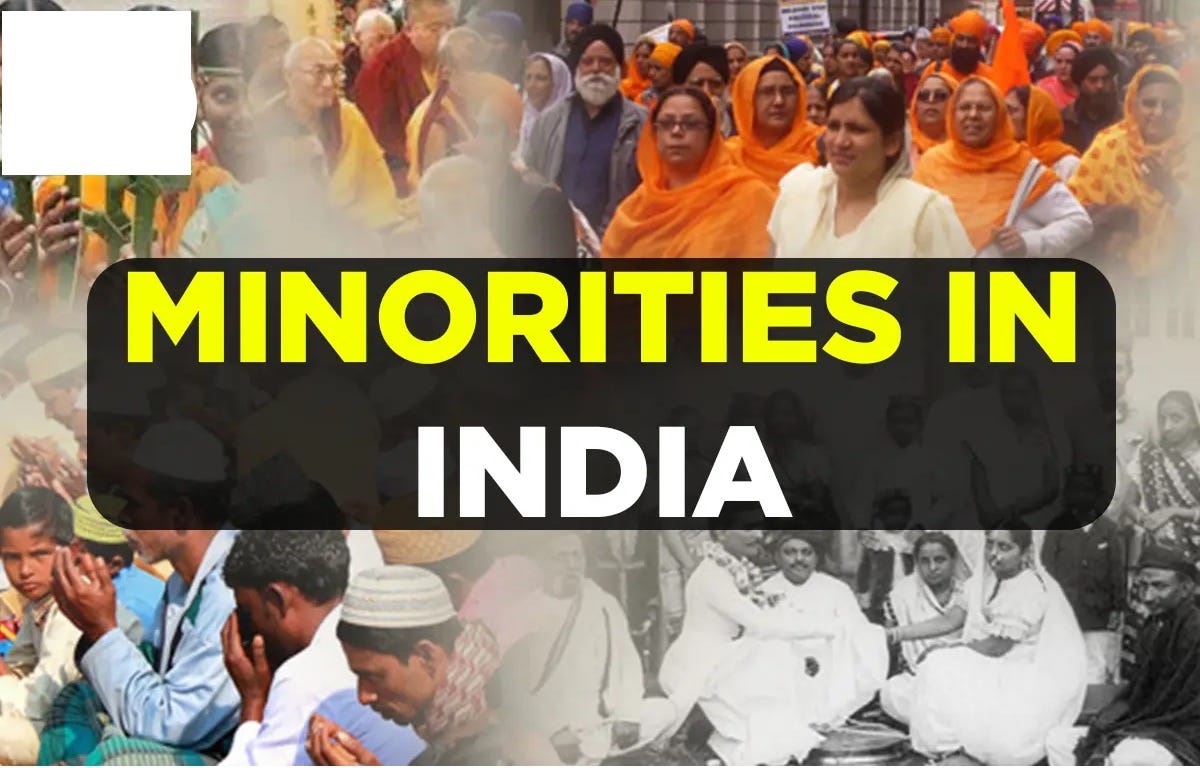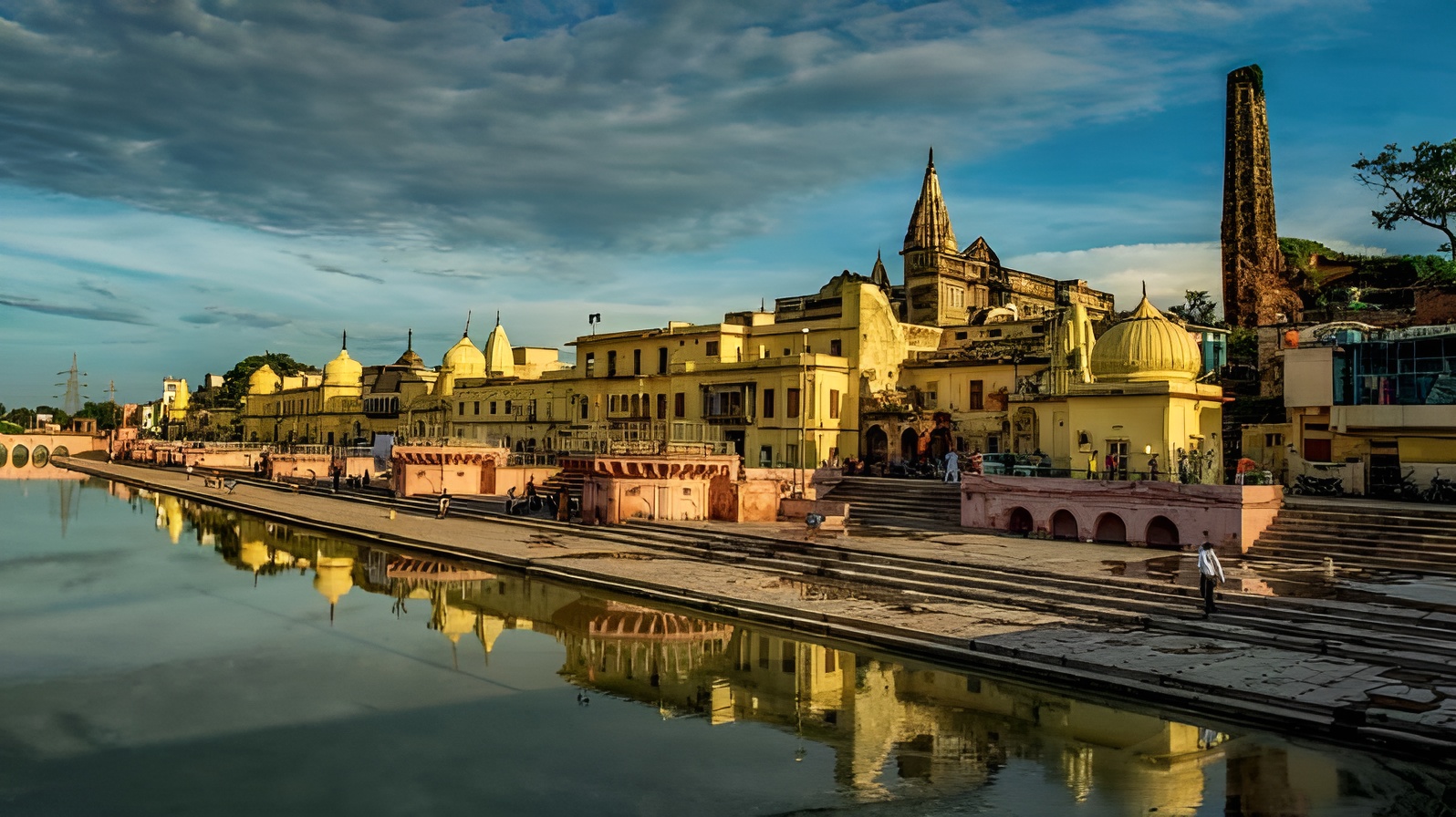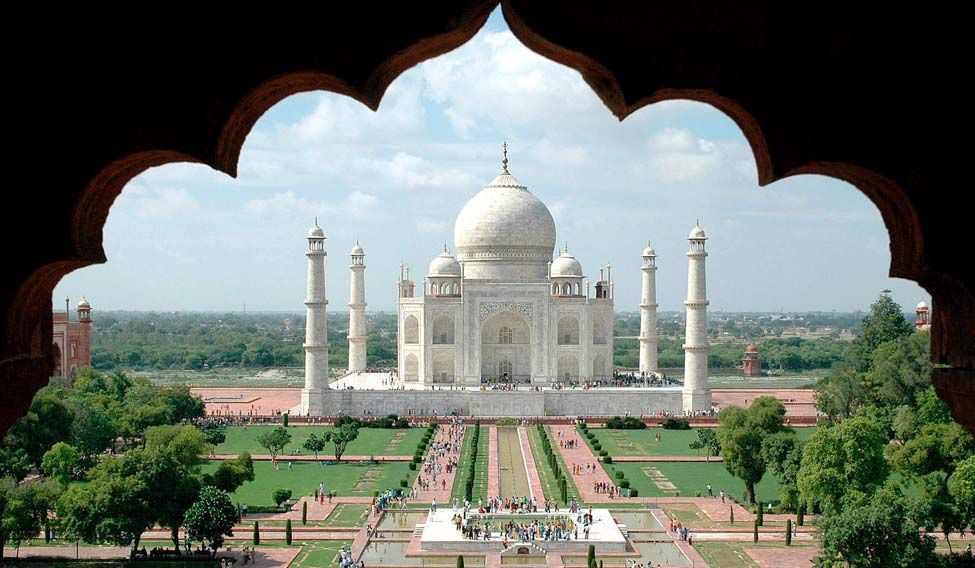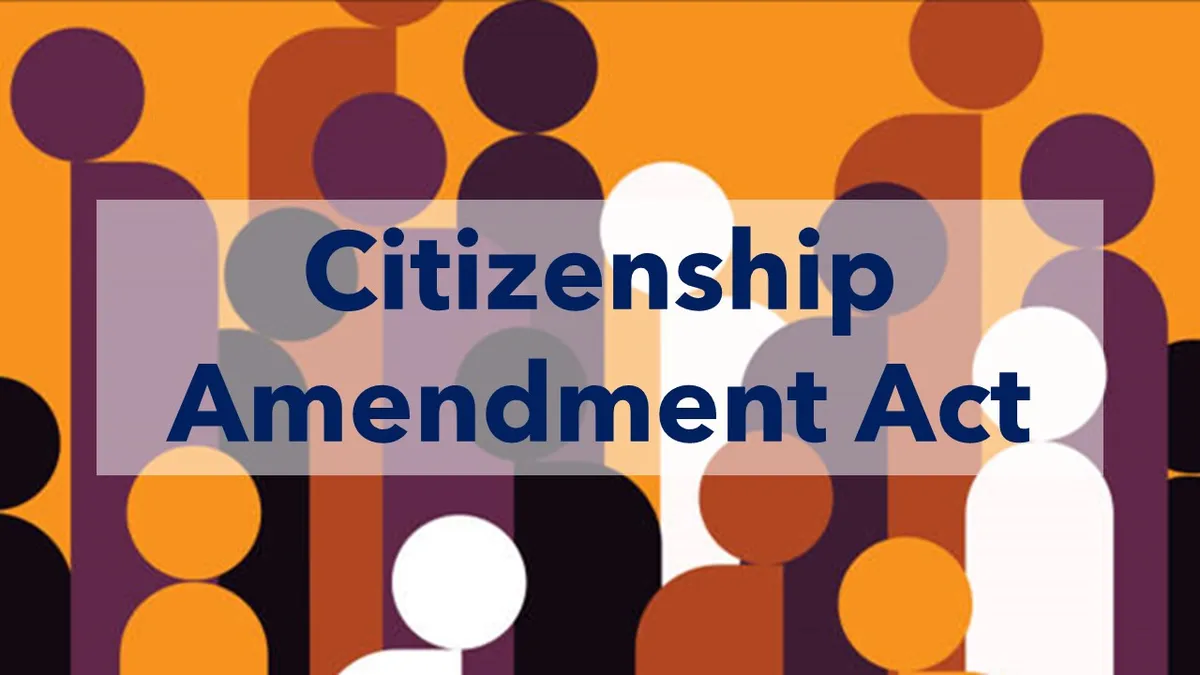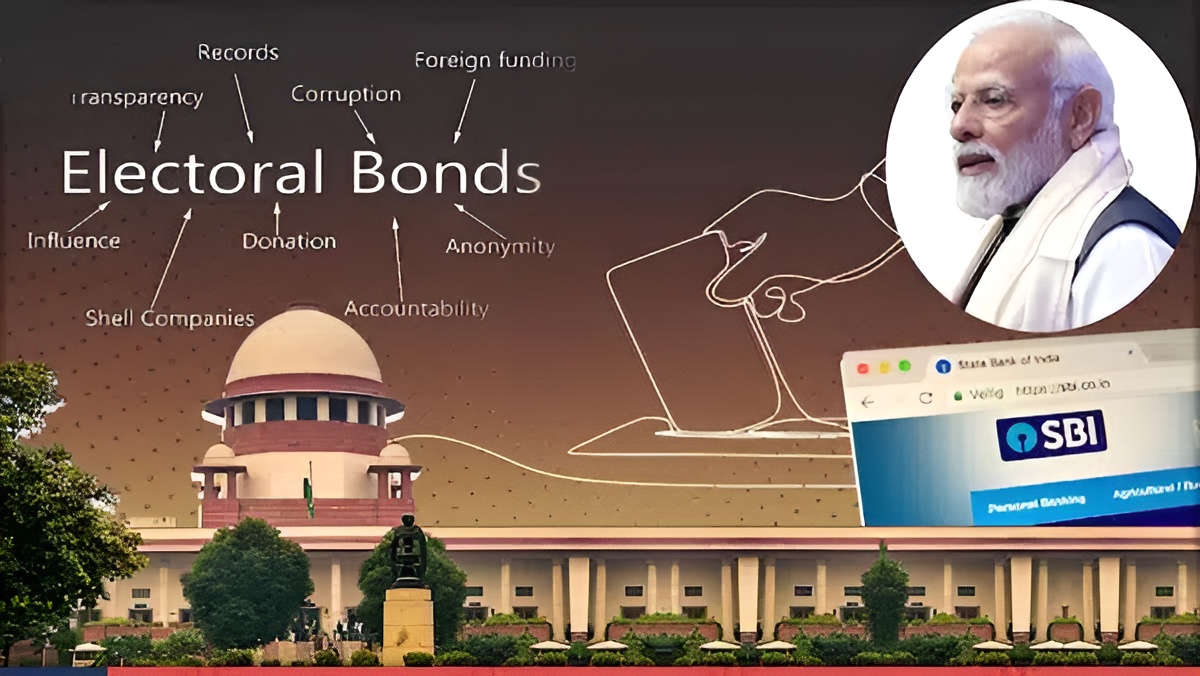The Bharatiya Janata Party (BJP) has been making notable progress in its attitude towards minority communities in the dynamic realm of Indian politics. The days of the party’s leadership being dominated by members of the Hindu community are long gone. The BJP’s efforts to reach out to minorities—Muslims and Christians in particular—showcase a strategic change in its goals and a desire for wider acceptance across a variety of social groups.
Indian politics have undergone a significant transformation since the BJP and its allies in the National Democratic Alliance (NDA) came to power in 2014. The BJP, capitalising on feelings of disenchantment with past governments, has effectively refuted the idea of minority appeasement, which is frequently associated with the Congress era. A reevaluation of minority outreach and representation initiatives has resulted from this change in political dynamics.
In contrast to the past, when there were few minority leaders in the BJP, the party now has an increasing number of leaders from a variety of backgrounds. Even if these names might not yet be well-known in politics, their participation suggests that the BJP is moving towards a more inclusive agenda. The recent entry of Syed Talef Taji and Syed Jaffar into the party highlights the BJP’s endeavours to broaden its influence outside customary constituencies.
The BJP engages minority populations through practical measures in addition to symbolic gestures. The party has demonstrated its commitment to promoting a more varied representation within its ranks through initiatives such as the ‘Modi Mitr’ outreach programme and the appointment of leaders such as Anil Antony and Abdul Salam. The BJP Minority Morcha’s national president, Jamal Siddiqui, highlights how minority populations are beginning to recognise the party’s ability to help with their socioeconomic issues.
To gain credibility with minority voters, the BJP has adopted a two-pronged approach that emphasises both words and deeds. The party’s dedication to achieving its programme is demonstrated by the completion of long-standing commitments, such as the building of the Ram Mandir, the repeal of Article 370, and the enactment of the Citizenship (Amendment) Act. Although the BJP has come under fire for these measures, they have also helped to establish the party as a powerful force that can follow through on its commitments.
Recognising the importance of minority votes in elections, especially in areas with high concentrations of Muslims, the BJP has stepped up its efforts to interact with Muslim groups and leaders. The party has made an effort to win over OBC and Dalit Muslims, among other various parts of the Muslim community, rather than seeing the community as a homogeneous group. The goal of the BJP’s development projects, women’s empowerment, and inclusive policies is to extend the party’s reach beyond its conventional constituency.
The BJP has demonstrated its dedication to diversity and inclusivity through its interactions with the Christian population, especially in regions like Kerala. Prime Minister Modi’s involvement in Christmas celebrations and the endorsements from well-known Christian figures demonstrate the party’s attempts to foster greater support and heal societal divisions. The BJP may learn from its success in interacting with a variety of communities and growing its electoral base in places like the Northeast.
In the future, the BJP intends to significantly develop its outreach initiatives by concentrating on addressing the unique issues and goals of minority communities. By means of specific policies and interactions with Bohri Muslims, the BJP is establishing the foundation for sustained engagement and cooperation. Even though it could take some time and effort to garner support among minorities, the BJP’s adherence to the motto “Sabka Saath, Sabka Vikas” shows that it is prepared to celebrate diversity and promote inclusive development.
In conclusion, a wider trend in Indian politics towards inclusivity and diversity is reflected in the BJP’s changing approach to minority outreach. The BJP is asserting its commitment to pluralism and democratic values while also broadening its electoral base by interacting with minority populations and resolving their problems. If the party keeps going in this direction, it will have the chance to reshape Indian politics and create a more inclusive and representative democracy for everybody.
